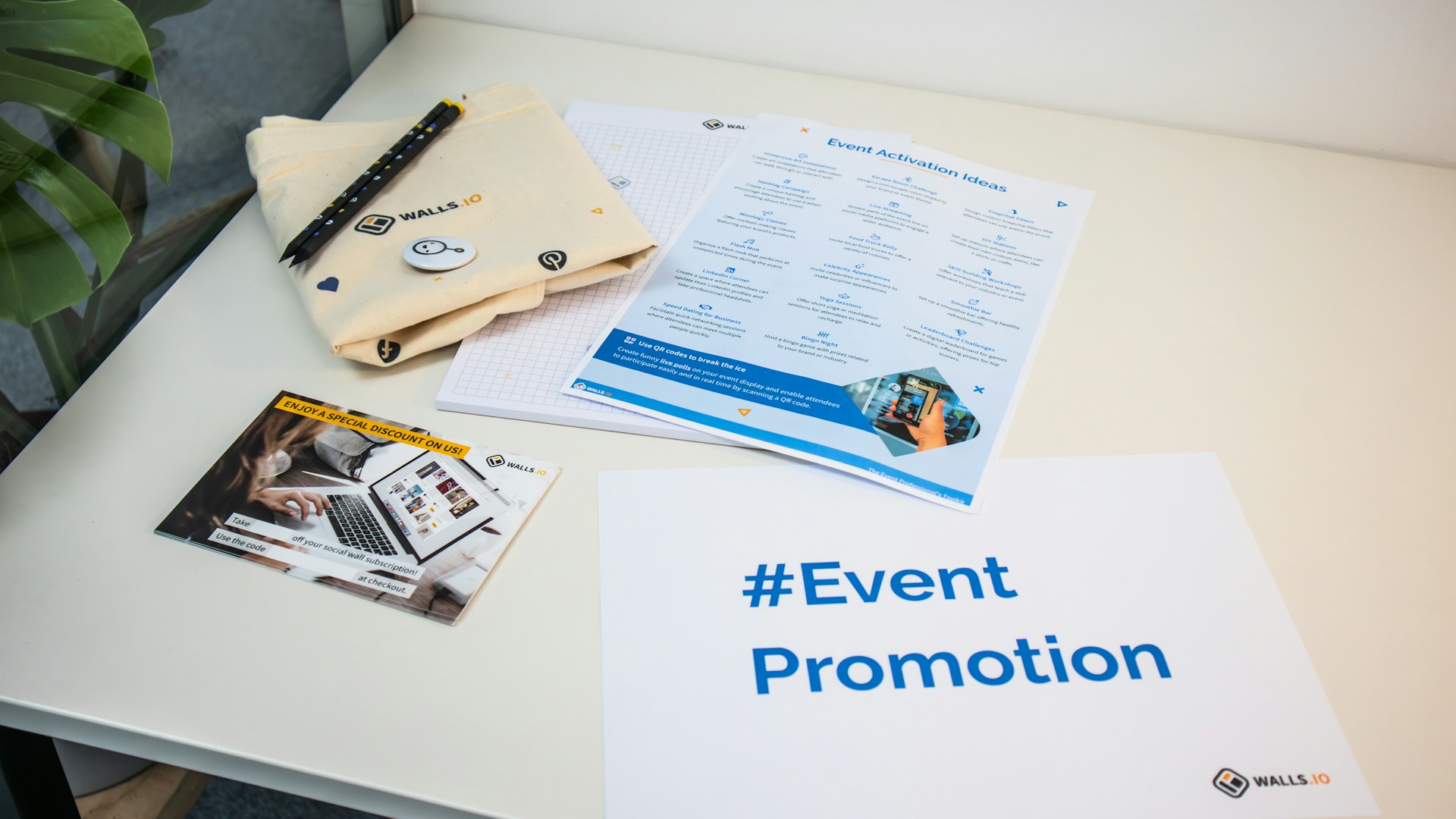Marketing Strategies for Successful Community Events
James Wilson
Community Engagement Specialist

Community events hold a special place in local culture and connection. However, even the most meaningful event needs effective marketing to reach its intended audience and achieve its goals. Here's how to create a marketing strategy that resonates with community members and drives participation.
Know Your Community Audience
Community events serve specific audiences with unique characteristics:
- Demographic profiles and cultural considerations
- Primary communication channels they use
- Key influencers and community leaders
- Past event participation patterns
This understanding forms the foundation of your marketing approach.
Leverage Local Partnerships
Community-based marketing thrives on collaboration:
- Partner with local businesses for cross-promotion
- Engage neighborhood associations and community groups
- Work with schools, libraries, and community centers
- Involve local government where appropriate
Utilize Traditional Marketing Methods
Despite digital advancement, traditional methods remain highly effective for community events:
- Posters and flyers in high-traffic community locations
- Local newspaper announcements and community calendars
- Local radio station PSAs or interviews
- Direct mail to nearby residents
- Community bulletin boards (physical and digital)
Create a Social Media Strategy
Digital platforms offer targeted reach and engagement:
- Facebook community groups and neighborhood pages
- Instagram for visual storytelling and highlighting past events
- NextDoor for hyper-local targeting
- Twitter/X for real-time updates and engagement with local figures
Use location-specific hashtags and encourage sharing with incentives.
Develop Community-Specific Content
Content that resonates with local identity drives engagement:
- Tell stories of community impact from previous events
- Feature testimonials from local residents
- Create content that highlights local pride
- Address specific community challenges your event helps solve
Email Marketing and Direct Communication
Build and maintain contact lists segmented by:
- Geographic location within the community
- Past attendance at similar events
- Interest categories relevant to your event
- Volunteer or support history
Involve Community Members in Promotion
Word-of-mouth remains the most powerful marketing tool:
- Create ambassador programs for enthusiastic community members
- Design shareable graphics and content for easy distribution
- Organize pre-event activities that generate buzz
- Provide volunteers with materials to promote the event
Timing Your Marketing Campaign
Community event marketing requires strategic timing:
- Begin awareness building 6-8 weeks before the event
- Intensify promotion 2-3 weeks before
- Use countdown messaging in the final week
- Send day-before reminders through all channels
Measure and Adapt
Track key metrics to refine future community event marketing:
- Registration source tracking
- Social media engagement rates
- Email open and click-through rates
- Attendance compared to registrations
Successful community event marketing balances digital reach with authentic local connection. By understanding your community's unique characteristics and using a multi-channel approach, you can create awareness that transforms into meaningful participation and strengthens community bonds.